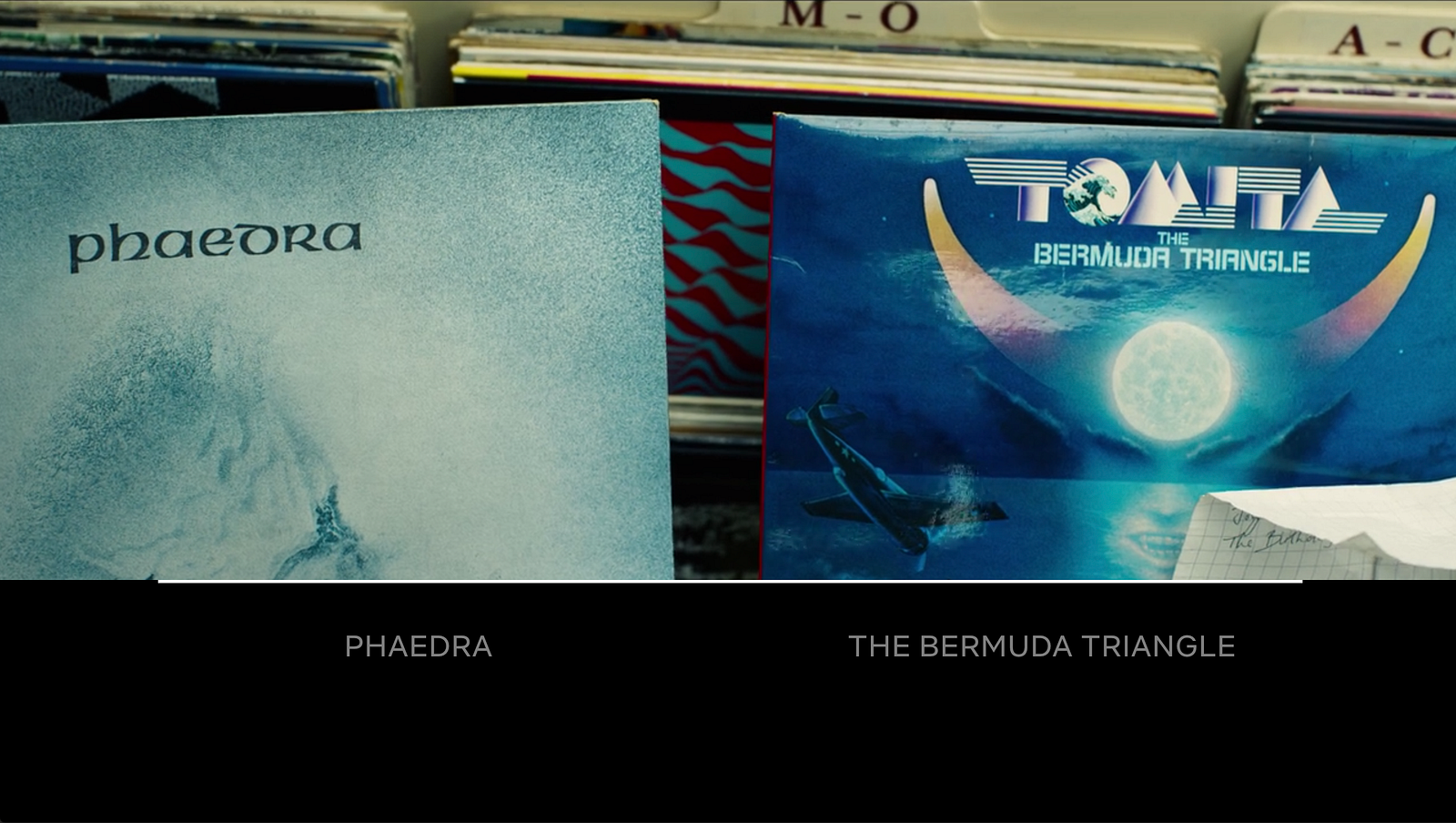With today’s release of Black Mirror: Bandersnatch, interactive movies have made their way into the mainstream. Little do we know that as we make decisions on what the main-character should do, we’re actually showing our own values and giving a clear profile of our knowledge, morals and desires.

The data from your decisions when you watch a scene such as when the main character Stefan struggles with his game development and you’re asked to choose “throw tea at the computer” or “shout at dad”, can be used for purposes outside of entertainment.
From the data, Netflix can determine psychological differences across demographics (age, gender, location, viewing habits and other profiling Netflix already has) and it can also generate physiological insights on you as an individual.
The major flaw in the data is that it doesn’t necessarily show what the viewer would decide for herself in the presented situation, but rather what they would like to see happening on the screen. This argument is strong to one extent, but over time as you develop empathy for the main character, you’ll align the decisions closer to what you would’ve done yourself.
When these decisions become more deeply personal, like they at times did in Bandersnatch, such as whether to kill dad, whether to take suicide, taking a hallucinogenic drug, accepting a job-offer with very limited information and especially the repetitive-type of decisions such as how long do you resist destroying the computer, your decision-data becomes much more interesting.
Insights from decision-data can show
- how easily pursued you are
- how driven you are
- how drug-liberal you are
- how you view murder/suicide
- how well you follow the plot
Size matters
Some online criticsare very eager to see Netflix implement this interacting viewing format to other series such as — and if such is the case, the decision-data will be much larger, and it actually becomes important to bring up the discussion how it may be used. For just one movie like Bandersnatch, the data collection is fairly irrelevant — it is when your data adds up to 100s or 1000s of this type of decisions that profiling can become very intelligent.

Subconscious decisions are even more interesting
The thing with these series is also how how they may seem innocent whilst actually collecting insightful data. For example, the first two decisions in Bandersnatch were what serials to eat and what music to listen to — just to warm up the viewer. Then comes the more “sneaky” insights derived from an “innocent” decision such as “Pick up family photo” or “Pick up book”. However, it is not at all innocent when the scene just before was about the main character freaking out over the realization that determinism might lead him to commit murder, and the decision “family photo” is much more likely to lead down the path of killing his father. For the unconscious viewer, such decision are taken subconsciously, and even if the example above may seem over-rated to judge how the viewer sees murder, with 100s or 1000s of such decisions, it becomes much clearer.

Netflix did a good job in not stimulating instant rewards
After making a decision with expected positive outcome, Netflix didn’t give a virtual dopamine-shot (like social media algorithms), but rather surprised you that life is a bit tougher than clicking a button. For example:
- when accepting to take the very exciting role as a game-developer, the co-worker says “sorry”
- when next time rejecting the job-offer, everyone is surprised over the decision, and even the main character Stefan tells the therapist it was wrong choice.
- when choosing not to destroy the computer (throwing tea at it) and instead shouting at dad, he forces the character to leave the computer to go out for lunch.
Highly recommended view
The UX of the interactive movie is great. The manuscript is well thought-out. Some scenes are really legendary. You may also find references to Inception, Pulp Fiction, Fight Club if you watch closely. And it makes your head spin around determinism.
Finally, I’d love to see more interactive series, especially one for a more every-day-citizen setting, with decisions such as “Watch Netflix” or “Close down laptop” and “Do what makes sense” or “Follow your gut”.
Follow for more
I haven’t written a movie review since high school, and didn’t think this would be my first Medium post which I’ve been thinking about for half a year. I’ve got plenty of posts on improving society, impact of technology, being human, consciousness and much else being published shortly. Feel free to follow me on Mediumor Twitterto get notified.
Legal disclaimer: This article is for entertainment and educating purposes only. Nothing in the article should be seen as business plan, intent or activity. Made by Senses AB and not by Erik Allberg personally.